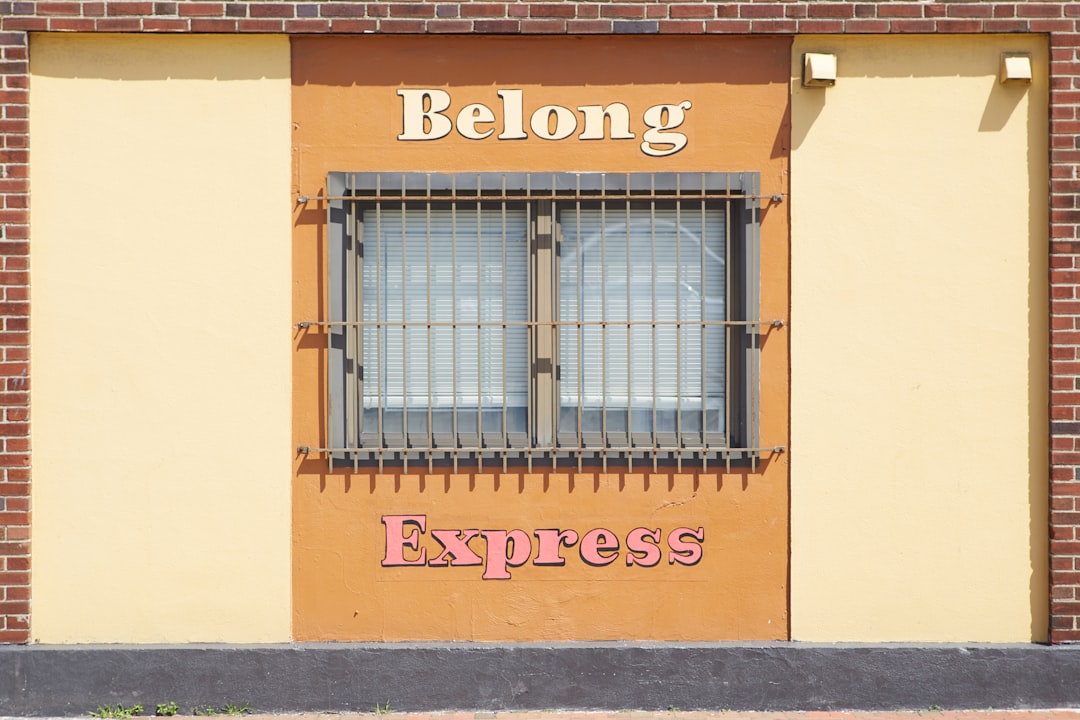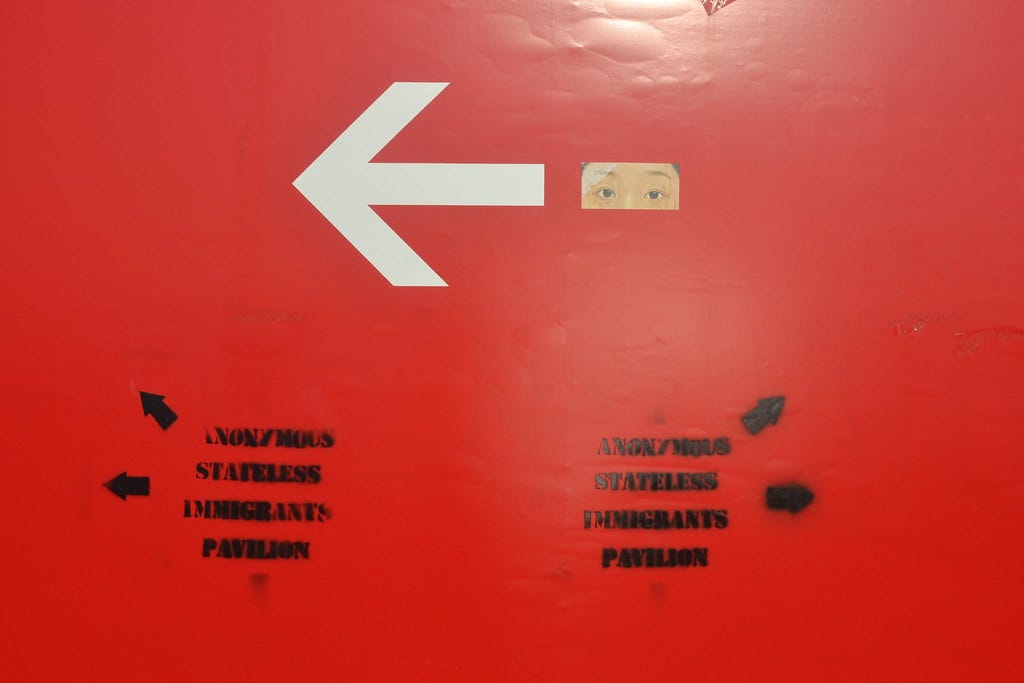How do you know you exist? Descartes may tell you it’s because you think but government bureaucracies around the world would vehemently disagree. According to them, you are because they gave you a paper saying you exist.
That’s how we know there are 7.9 billion people on this planet, including the seven people currently onboard the International Space Station.
And that’s how we also know that there are millions of people around the world who have no legal existence. They aren’t able to go to school, see a doctor, get a job, open a bank account, buy a house, get married or even be able to get a Covid-19 vaccine.
This week in The Global Tiller, we examine what statelessness is and how does one become stateless. We also take a look at the global #IBelong campaign that aims to end statelessness by 2024 and what are some challenges that stand in the way.
The international legal definition of a stateless person is “a person who is not considered as a national by any State under the operation of its law”. In simple terms, this means that a stateless person does not have the nationality of any country. Some people are born stateless, others become stateless during their lifetime. But if they are unable to gain nationality during the course of their lifetime, they pass on statelessness to their children, who then pass it along and on and on it goes.
One of the reason for statelessness is discrimination on the basis of race, ethnicity, language, religion or gender. So if being a part of a certain group is necessary to be considered a citizen, anyone falling outside the "correct" parameters would become stateless. Or if you are a woman in one the 22 countries that don’t allow women to pass on their nationality to their children, your child would automatically become stateless if their father is stateless.
Gaps in a country’s nationality laws, such as how to grant citizenship to a child with unknown parentage, can also lead to statelessness. Abdul Sattar Edhi, a Pakistani philanthropist, dedicated his entire life to saving such children from the fate of statelessness by putting down his own name as the father on government documents until he succeeded in changing the law.
One can also become stateless if they are displaced during a conflict, or their village becomes part of a new country where their ethnicity isn’t welcomed, or if they have lived too long outside their country, or if they simply don’t have the documents proving links to the state.
These were the people that the UN Refugee Agency feared would miss out when Covid-19 vaccines were rolled out across the world. According to them, there are at least 4.2 million stateless people in some 94 countries. Millions who may remain vulnerable to a deadly disease only because they are unable to call any country home.
To address this injustice, the UN Refugee Agency launched the #IBelong campaign in 2014 as it believes that the power to end statelessness lies with national governments. In its Global Action Plan to End Statelessness, it calls on states to ensure that no child is born stateless, remove gender discrimination from nationality laws, prevent loss of nationality on discriminatory grounds, prevent statelessness in case of state succession, grant protection to stateless migrants and facilitate their naturalisation, and other actions. But, with only two years left in its 10-year goal, there aren’t many successes to report.
A big reason why there aren’t any takers in resolving this issue is because stateless persons do not have any political value. They aren’t able to vote so there is no way for them to exert influence on political actors or governments. But if election cycles dictate our moral outrage, an argument can be made that anyone who campaigns for the rights of the stateless will be able to count on their votes when they eventually become citizens. So what’s holding them back?
While we wait for our governments to do something about this, how about we dig into how nationality laws work in our own countries and identify who the stateless are in the first place. They are looking for recognition and the least we can offer them is the dignity of saying: I exist.
Until next week, take care and stay safe.
Hira - Editor - The Global Tiller
Dig deeper
The issue of stateless has consistently been on my mind since 2016 when I met a Pakistani family in Thailand who had been stuck in limbo, stateless and with nowhere to go. You can read my blog on what it is like to live stateless.
I have no idea where this family is now but I hope they managed to make their way to a place they could finally call home.
…and now what?
“Home is where the heart is,” as the saying goes. But there’s another version of this saying that I prefer: home is where people are missing you.
In her amazing TED Talk, Taiye Selasi reflects on belongingness and how we end up with those weird processes that let others decide where we’re from or where we belong. She tells people not to ask her where’s she from, but where she is a local.
I don’t know for you but, to me, in this globalised world, limiting ourselves to our place of birth is non-sensical. Many of us move throughout our lives: some in good conditions, like I did when I moved to Tahiti from France; others in terrible conditions, fleeing wars, discrimination. These movements have been going on since ages. Humans are travellers, wanderers, from those who left Africa hundreds of years ago to populate the Earth, all the way to the last human migration of the Polynesian voyagers, we have spent our collective history moving and changing places.
So it should seem quite natural to all of us to consider that we can just change places, belong to other places, as Taiye Selasi tells us, in a very easy way. But it’s not. And this inability to let people belong where they want to ends up putting some of us in a limbo, a limbo of not-belonging and even worse, a limbo of not-existing. My selfhood is determined not because you acknowledge me, as exemplified by the Ubuntu philosophy, but it is beholden to the State, an administration.
Do we need papers to belong? Can we not belong even with papers? At what point do we consider that where we live, where our heart is, where people miss us, is where we should be formally acknowledged, without all the paperwork and technicalities. Do we really consider it normal in 2022 for some people to not exist just because of some official technicalities?

I have been living in Tahiti most of my life now while being born in France. I won’t even mention how I’ve been told, despite my long history here, that I don’t belong. But what will happen when Tahiti will become independent? Will I have the possibility to belong here officially and not only because I feel I do? Will I be able to exist here if I’m not “from here” in a genealogical sense?
Now let’s talk about this native country of mine: France. As you may have heard we had a recent election where one of the presidential runners was a far-right candidate with some peculiar views, to say the least, on diversity and immigration. One of her plans was to cancel the right of soil, which basically gives anyone the right to have the French nationality as long as they’re born on French soil. Had she succeeded, what would have happened to those born to immigrants in France? Would they have suddenly become stateless? Would they have had to “go back to where they come from”? But what if they don’t belong there? What if no one misses them there? What if their heart is in France? Why should a sudden political and administrative decision cancel your natural sense of belonging?
Migrating comes naturally to humans and, within our differences, we are much closer to each other. So why do we still have processes that restrict where we can belong?
Recently, a friend asked me if I was proud to be French. The question surprised me because, even if I connect with its culture and some of its values, I don’t feel a belonging to this community anymore (if I ever did). But for so many people, I’m French. I’m sure I’m not the only one who feels this way. So as much as we should be free to move, to trade, to speak (contentious word today, I won’t say more), we should be free to belong. Because when you really feel you belong, it means that you care: about the place, about others, about the community. And how much you care should be the best test of your belongingness, this more than what any form or piece of paper could say.
Philippe - Founder & CEO - Pacific Ventury




I'd never heard of this issue until I saw an amazing Al Jazeera documentary on it, and how a lawyer is working to eradicate statelessness in the Kyrgyz republic. It's worth checking out if you haven't seen it, because it shows that some places at least are making progress. https://www.aljazeera.com/program/in-the-field/2020/5/30/without-a-legal-trace-eradicating-statelessness-in-kyrgyzstan